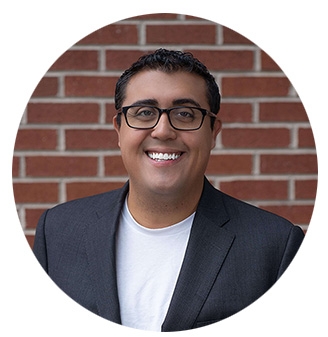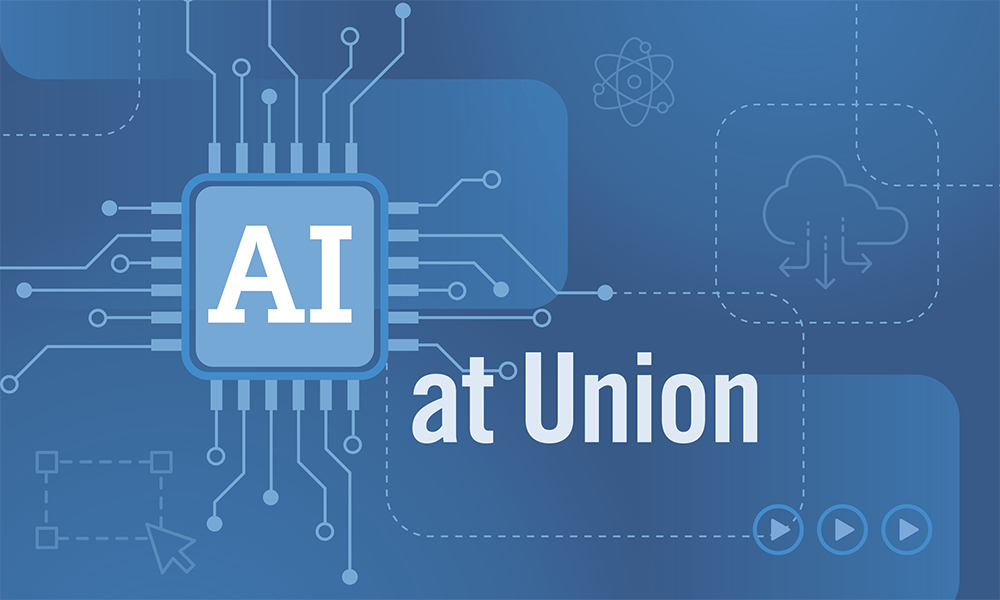Antonio J. Gutierrez Jr. '10, of Framingham, Mass., is co-founder of Saga Education, where he is a leader in the organization’s business strategy, external affairs and state and federal policy initiatives. Saga Education partners with states and districts, offering expertise, best-in-class learning technology and resources to help implement evidence-based personalized learning models during the regular school day. Saga leverages the power of human capital and technology to accelerate student outcomes and create equitable learning for students.
Research from the University of Chicago Education Lab, in partnership with Saga Education, found that high-impact tutoring can double or even triple student learning in a single academic year. The success of Saga Education’s high-impact tutoring has not only garnered the support of the U.S. Department of Education and the Biden-Harris Administration, but has also been recognized as a vital strategy to counteract the educational disruptions caused by the pandemic and to promote sustained academic recovery.
How do you use AI in your career?
Saga is leveraging AI technology to transform and scale its tutoring programs nationwide. We use AI to analyze tutoring sessions and provide personalized feedback to tutors, enhancing their professional development. This data-driven approach allows Saga to refine its tutoring strategies to better meet the needs of students from various backgrounds. What is exciting is that our tech can provide feedback just as effectively as expert observers and enable ongoing coaching at scale—democratizing high-quality educational support. In addition, using these advanced tools, Saga can analyze the “moves” that lead to student engagement and learning.
Saga serves students experiencing poverty, disproportionately students of color, who often need to be included more in the training and development of advanced AI systems. By co-designing these tools with and for the communities it serves, Saga aims to develop more inclusive technology. Saga also recently launched a new podcast called Ed Heads, with its first season dedicated to how AI is impacting the future of education. Check it out on YouTube.
For those unfamiliar with AI, how would you define it?
Artificial intelligence, or AI, is a technology that allows computers to perform tasks that typically require human intelligence. We encounter AI daily, from systems that help us reset passwords to algorithms recommending what to watch next on Netflix. AI uses large data sets to predict or simulate human-like responses. In education, AI can be categorized into two types: Generative AI, which can create content like text or code, and predictive AI, which analyzes patterns in data to forecast outcomes. These tools help automate and enhance learning and teaching processes.
I firmly believe that education should remain human-led but be augmented by technology. At this stage, my focus is on how advanced tools can enhance human capabilities, making tutors and teachers more efficient and effective. This technology can free up educators to concentrate on what truly matters—engaging with students and fostering deep learning. For those interested in learning more about AI in education, I highly recommend exploring resources like TeachAI.org and Project Unicorn. These platforms provide valuable insights into how AI can transform educational environments for the better.
How did Union inform your path?
In today’s rapidly evolving world, the concept of a lifelong career in a single job is becoming increasingly rare. People should expect to frequently shift jobs and roles, even in highly technical fields like medicine and law, where emerging technologies are reshaping workforce dynamics. To navigate this landscape, adaptability is crucial—along with the ability to forge meaningful connections and apply cross-sector insights to solve new challenges.
A liberal arts education plays a vital role in developing these competencies, and that’s precisely what I received at Union. My education didn’t just equip me with knowledge; it taught me how to think critically across different fields. Additionally, my involvement in Union's community center deepened my passion for educational equity and honed my skills in building impactful community relationships. Overall, Union has set me on a trajectory for success by emphasizing the importance of adaptability and broad-mindedness in both personal and professional realms.


